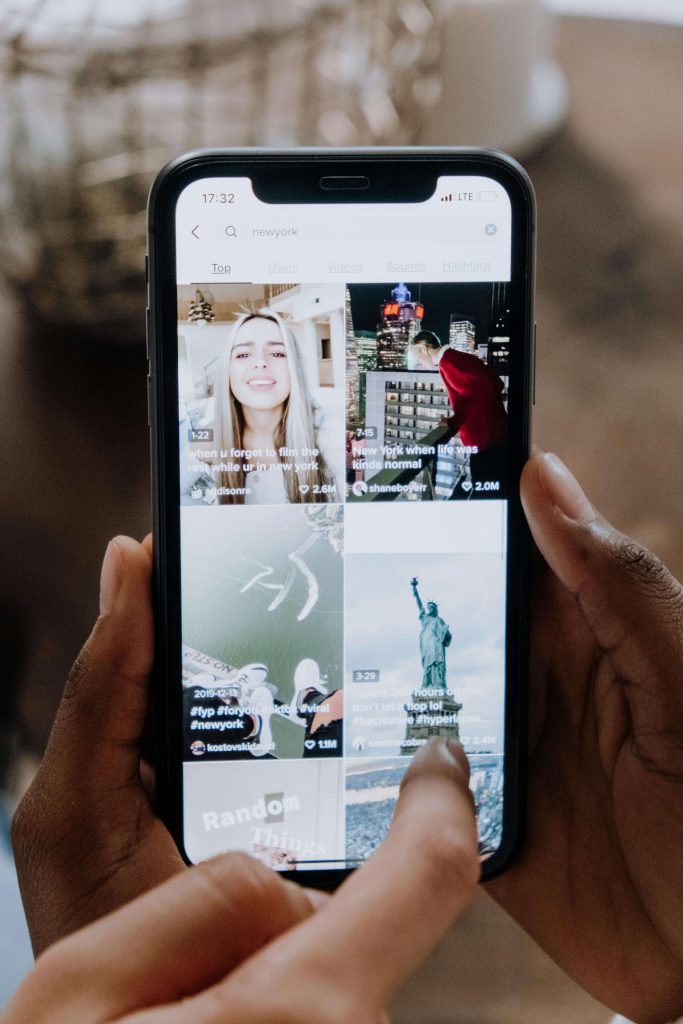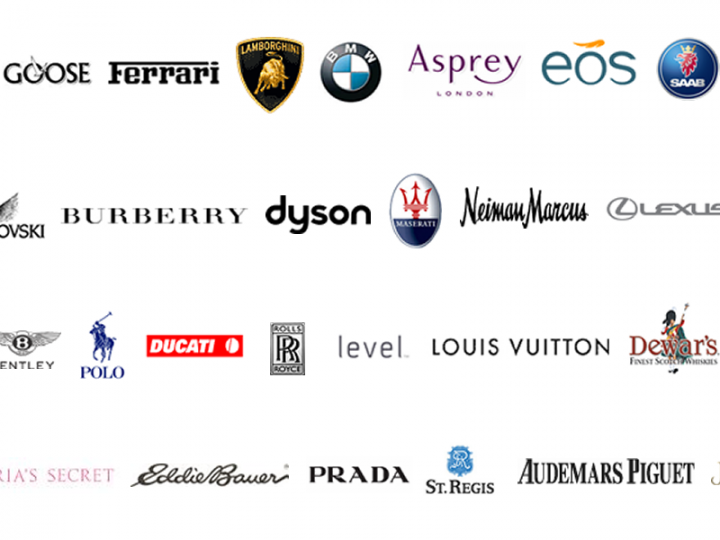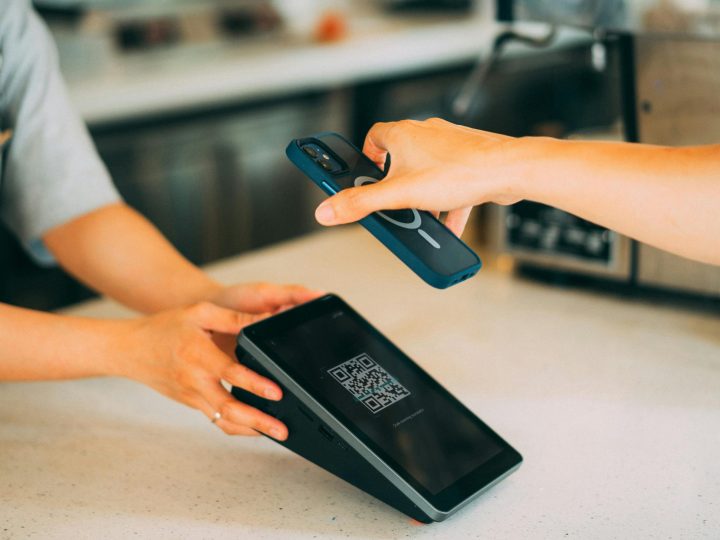
The most successful brands aren’t just well-designed or well-funded. They are adaptable. In a world where consumer behavior shifts constantly and digital platforms change overnight, adaptability is no longer optional. It’s essential.
What Does It Mean to Be an Adaptive Brand?
Adaptability doesn’t mean chasing every trend. It means staying aligned with your audience, your industry, and your core mission, while being willing to evolve how you show up.
An adaptive brand:
- Responds to market shifts without losing identity
- Evolves its visual and verbal language as needed
- Experiments with new platforms and mediums
- Continuously refines its customer experience
Think of it as staying rooted, but not rigid.
Why Adaptability Matters Now More Than Ever
The pace of change has accelerated. What worked even a year ago might be irrelevant today. Consider:
- Social platforms rise and fall
- Search algorithms change
- Consumer expectations around ethics, accessibility, and speed evolve
If your brand feels static or dated, people may assume your business is too.
This is especially true for small businesses and nonprofits, where trust and relevance are everything.
Signs Your Brand Needs to Evolve
Not sure if your brand is keeping up? Here are a few red flags:
- Your website or materials haven’t changed in years
- You avoid newer platforms or technologies out of habit
- People describe your brand in ways that feel outdated or off-message
- Your messaging no longer reflects your growth or values
Adaptation starts with awareness. You can’t evolve what you haven’t audited.

How We Help Brands Stay Ahead
At GORGEOUS, we don’t just create brands. We build resilient ones. That includes:
- Designing brand systems that scale and flex
- Creating messaging that can grow with your organization
- Helping clients transition smoothly into new channels, tools, or platforms
Whether you’re rebranding entirely or just refining your story, we bring strategy and structure to the process so you can move with clarity and confidence.
We also conduct brand audits that reveal hidden gaps and missed opportunities. From messaging alignment to visual consistency across channels, we help clients uncover what’s working, what’s not, and how to move forward strategically.
Examples of Brand Adaptability in Action
Some of the most iconic brands in the world built their reputations by evolving with intention.
- Netflix began as a DVD mail-order service and transformed into a global streaming platform with personalized content experiences.
- Airbnb shifted its messaging during the pandemic to emphasize local stays and remote work, and later evolved to focus on accessibility and curated travel experiences.
- Slack started as a video game company but pivoted to create a workplace communication tool, inspired by an internal system that proved more effective than existing options.
Adaptability also matters at the local level.
For example, a small business updating its website to meet accessibility standards, or a nonprofit refining its messaging to better reflect its impact, can see major improvements in trust, engagement, and visibility.
The Bottom Line
The world won’t slow down. But your brand doesn’t have to fall behind.
Adaptability is no longer optional. It’s a key strength that allows brands to stay relevant, responsive, and resilient in a constantly evolving landscape.
The businesses that embrace change are the ones that last.
Ready to Evolve Your Brand?
We’ll help you identify what’s working, what’s holding you back, and where to go next. Let’s shape a brand that’s built to thrive, both now and into the future.
Originally published October 25, 2011. Updated for 2025 relevance.


